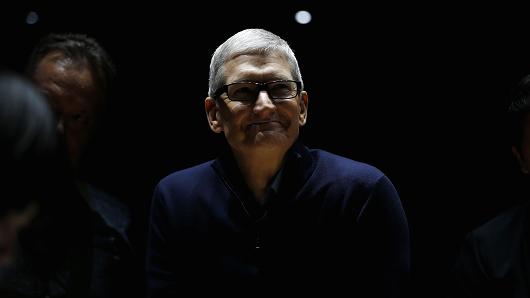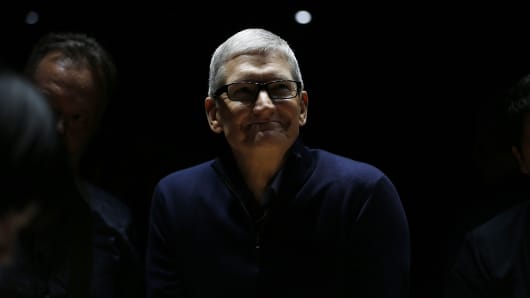
Apple saw a spike in government requests for data relating to national security in the second half of 2016, according to a report released by the technology giant.
In the six months ended December 2016, the Cupertino-based firm received 5,999 government requests. This was up from the 2,999 it got in the first half of 2016. Such requests are orders received under the Foreign Intelligence Surveillance Act or requested in a National Security Letter (NSL).
The Federal Bureau of Investigation (FBI) or National Security Agency (NSA) could request such data from Apple. Apple said that the requests had affected 4,999 accounts.
It also revealed the presence of a declassified NSL. These letters are usually classified and do not allow the company to disclose the contents even to the customer concerned. But under recently introduced laws, the FBI regularly reviews such gag orders and declassifies some letters. Companies like Google have made some of its NSL public. Apple so far has not chosen to disclose the content of its letters.
Apple hasn’t always had the easiest of relationships with law enforcement. Last year, a federal judge asked Apple to help the FBI to unlock an iPhone that belonged to Syed Farook, who was responsible for the shootings in San Bernardino in December which left 14 people dead.
Tim Cook, Apple’s CEO, called the order “chilling” at the time and refused to help.
Elsewhere in Apple’s report, it was revealed that governments across the world put in 30,184 requests relating to devices in the second half of 2016. This amounted to 151,105 devices in total as more than one device could be of interest per request. The number of devices in question actually fell from the 261,275 recorded in the first half of 2016.
“Examples of such requests are where law enforcement agencies are working on behalf of customers who have requested assistance locating lost or stolen devices. Additionally, Apple regularly receives multi-device requests related to fraud investigations. Device-based requests generally seek details of customers associated with devices or device connections to Apple services,” Apple explained
[Source”timesofindia”]

